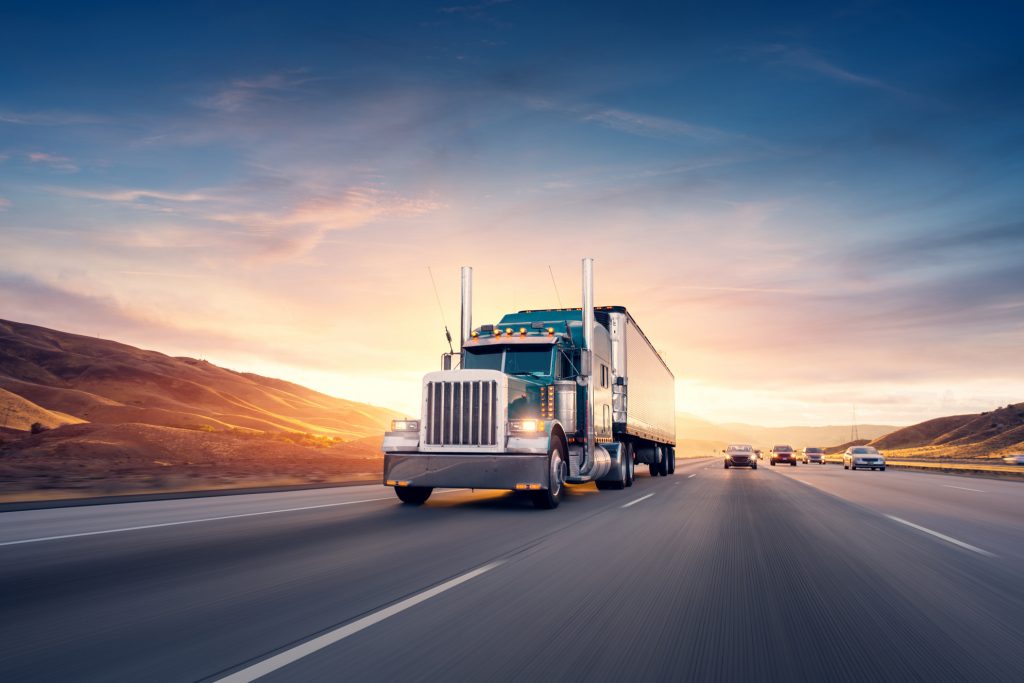The life of a truck driver is more than just long hauls across endless highways; it’s a lifestyle marked by unique challenges and significant personal sacrifices. Recent research sheds light on the complex realities of this profession, exploring the various pressures drivers face that directly impact their mental and physical health, relationships with loved ones, and safety on the road. The often-underestimated mental and physical resilience these professionals must possess is crucial in the face of daily difficulties. Below, we present several problems that eighteen-wheeler drivers grapple with daily, many of which the general public is unaware. The research was conducted by insurance and bond company JW Surety Bond, surveying 110 truck drivers, with 72% operating local routes and 28% making long-haul deliveries.
The research reveals a number of concerning findings. Alarmingly, the data regarding the mental health of this occupational group shows that over 1 in 10 drivers suffer from its deterioration, often a result of isolation and irregular lifestyles. Physical ailments are widespread, with back pain affecting 77% of respondents and chronic fatigue reported by 54%. Road safety is seriously compromised by distracted driving – nearly half (49%) of drivers admit to texting while driving. Irresponsible behavior is reflected in traffic violation statistics: 1 in 10 drivers have been stopped for speeding.
Furthermore, women in this profession experience additional safety concerns – a striking 23% fear for their safety at work, compared to just 8% of men. Life on the road also has severe consequences for personal relationships. Over 4 in 5 drivers (82%) report strained relationships with loved ones, and over 15% struggle to maintain them at all, a direct result of long working hours and irregular schedules.
The research also uncovers less discussed aspects of drivers’ lives. A significant portion (43%) admit to using their truck as a toilet due to a lack of access to adequate sanitation facilities, illustrating the inconveniences of their daily work. Another serious problem is time pressure and the resulting fatigue. A staggering 30% of drivers admit to ignoring signs of exhaustion and continuing to drive, posing a huge threat to the safety of all road users. In 2023, 62% of drivers were stopped by the police, with 43% of these stops being routine checks, which, while intended to ensure safety, often cause delays and frustration. The profession of truck driving involves an immense physical and emotional toll. Prolonged sitting in one position contributes to chronic back pain (77%) and fatigue (54%). Isolation and irregular lifestyles lead to feelings of loneliness and burnout (55%).
Road rage is another issue – 38% of drivers admit to experiencing it. Safety concerns are particularly strong among female truck drivers, further complicating their situation in this male-dominated industry.
Life on the road not only affects the truck drivers themselves—it also impacts their relationships with family, friends, and romantic partners. Over 4 in 5 truck drivers (82%) reported strained relationships. Over 15% had difficulty maintaining any relationships, with long hours and an irregular schedule often making it difficult to prioritize loved ones. The most common important events that truck drivers reported missing due to work include:
Family gatherings (65%)
Holidays (61%)
Birthdays (57%)
Sporting events or games (34%)
Children’s school events (32%)
Anniversaries (27%)
Important medical appointments (22%)
Religious or cultural celebrations (18%)
Funerals (14%)
Graduation ceremonies (13%)
Truck drivers most often contacted loved ones while on the road via phone or video calls (87%) or text messages (76%).
The research results unequivocally indicate the need for increased public awareness regarding the hardships of truck drivers’ lives and the implementation of systemic solutions to support their mental and physical well-being. Improving working conditions, access to adequate sanitation, promoting healthy lifestyles, and providing psychological support can contribute to creating safer roads, healthier lives for drivers, and a stronger future for this economically crucial industry.
Wide roads to you from ALL ABOUT TRUCKS & Translab !!! We put Truckers first !!!
